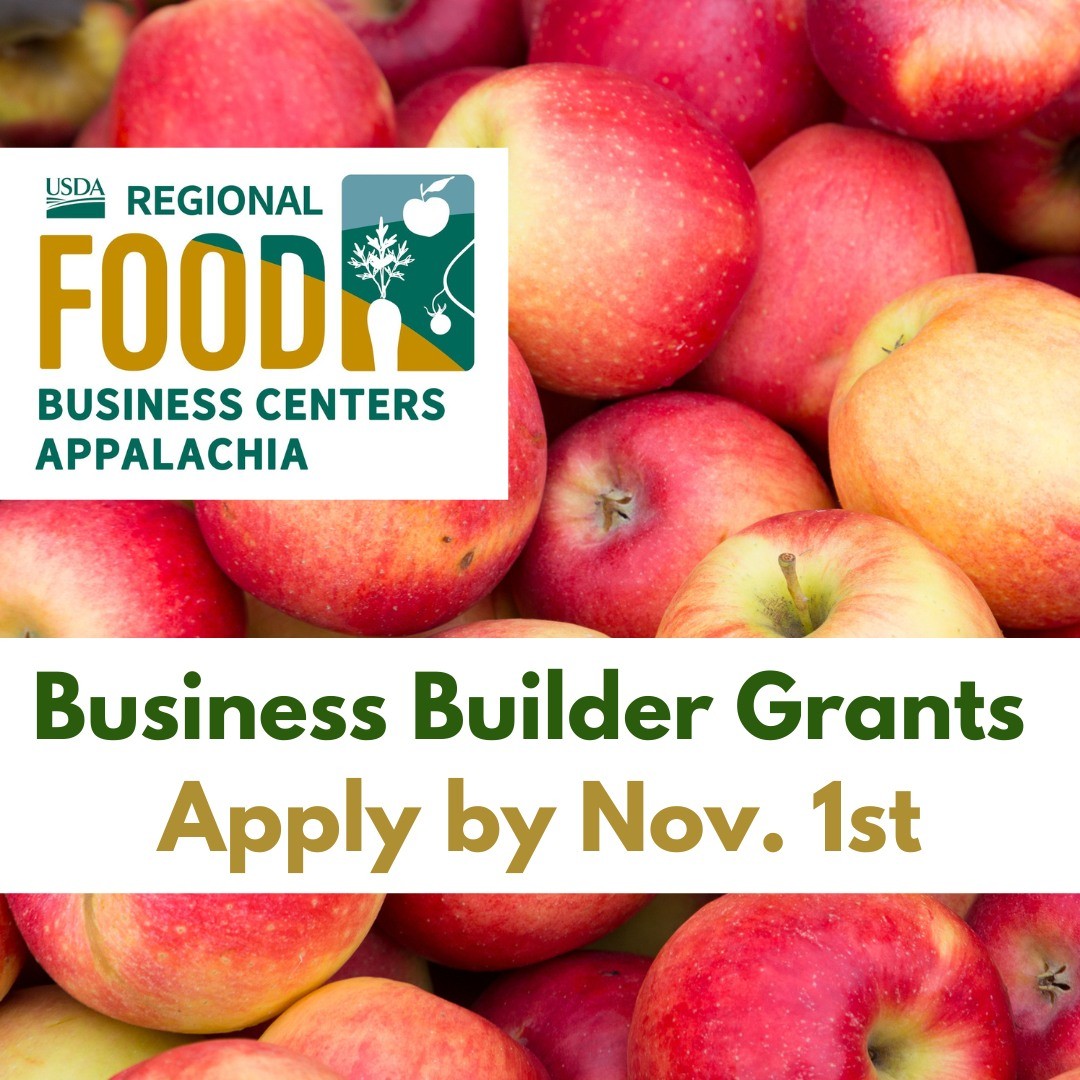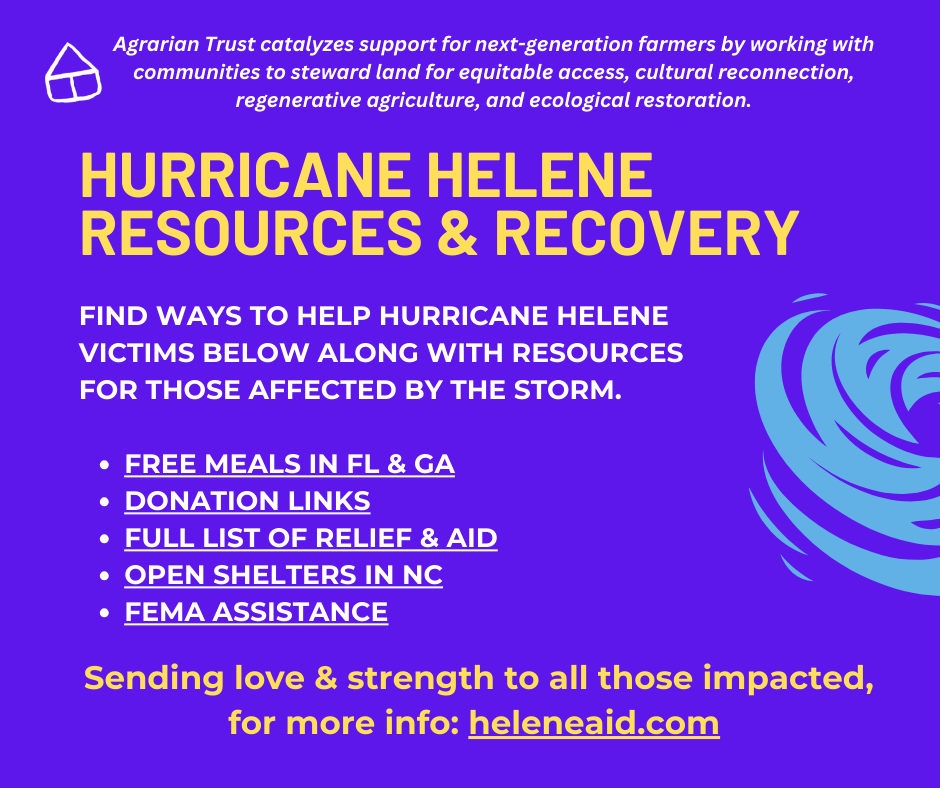Farmers on Whidbey Island and around the country are facing record-high land prices, student loan debt, and high overhead costs. These obstacles have an especially high impact on farmers of color, who face the additional barriers of structural racism and historical exclusion from land ownership. Despite accounting for 80 percent of farmworkers in the United States, farmers of color currently own less than 2 percent of U.S. farmland.
There’s a new farm on Washington’s Whidbey Island that aims to address this inequity in land access, while placing the knowledge and practice of Black farmers at the center of its work. Black Seed Agroecological Village and Farm was created in 2022 by Modest Family Solutions, a local nonprofit dedicated to building food sovereignty through afro-centric youth education, after it was awarded a 99-year lease on 10 acres of land by the national nonprofit Agrarian Trust.
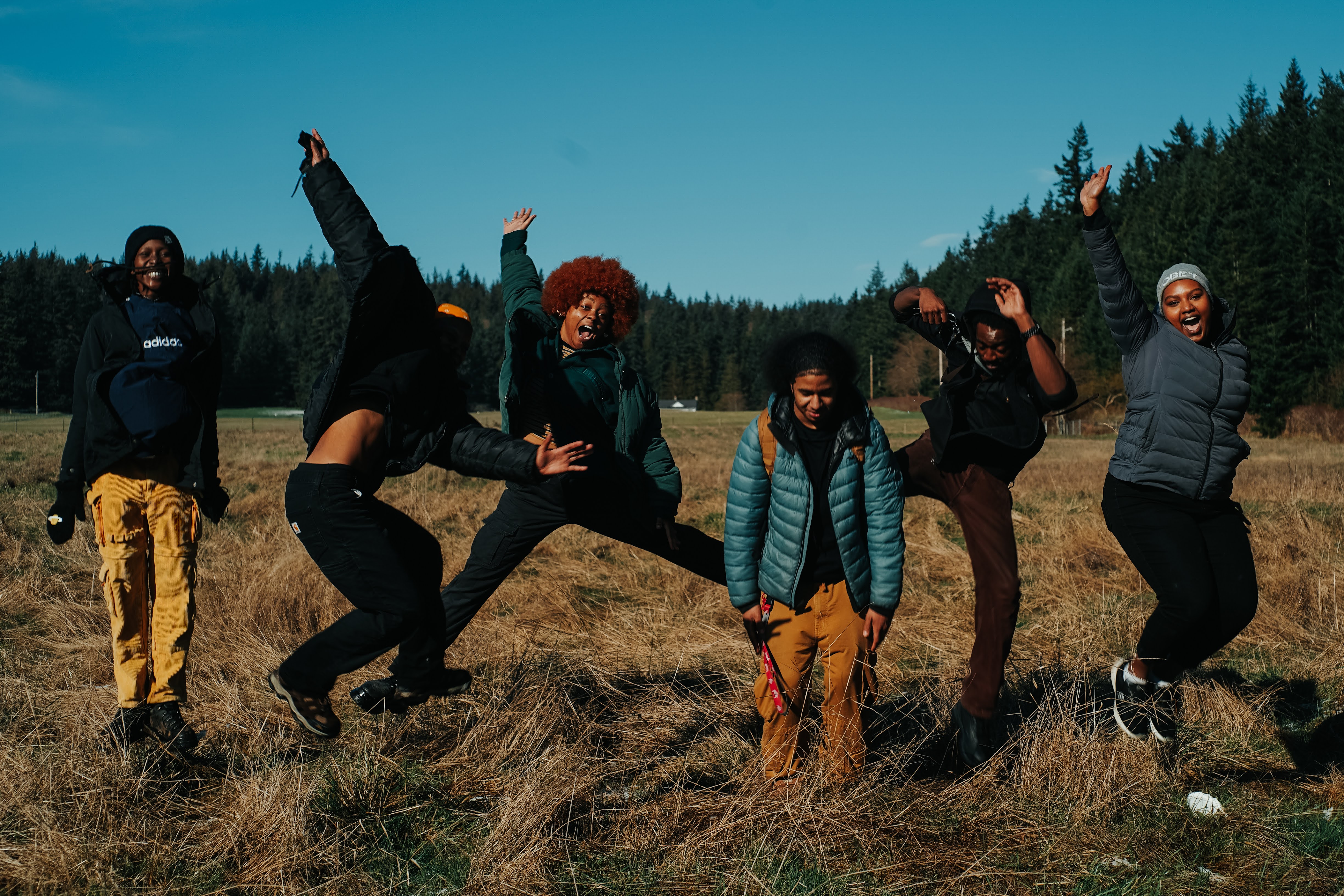
Now, Black Seed aspires to use the newly acquired land as a space where Black farmers and members of the Black community can learn, heal, and reconnect with nature. At the same time, Black Seed will benefit the Whidbey Island community at large, through providing it with access to healthy, affordable food.
“[Black Seed Farm] is about bringing people back to community, whether it’s going out, picking food in the day, and then having it for lunch or dinner. It’s about being able to roam but then also seeing your neighbor and being able to connect,” explained Adasha Turner, the founder of Black Seed, and executive director of Modest Family Solutions.
Turner plans on transforming Black Seed’s 10 acres into a production farm, wellness retreat, and educational center. Black Seed Agroecology Farm and Village will become land for two acres of cropland, container farms, housing for staff and visitors, and a community center.
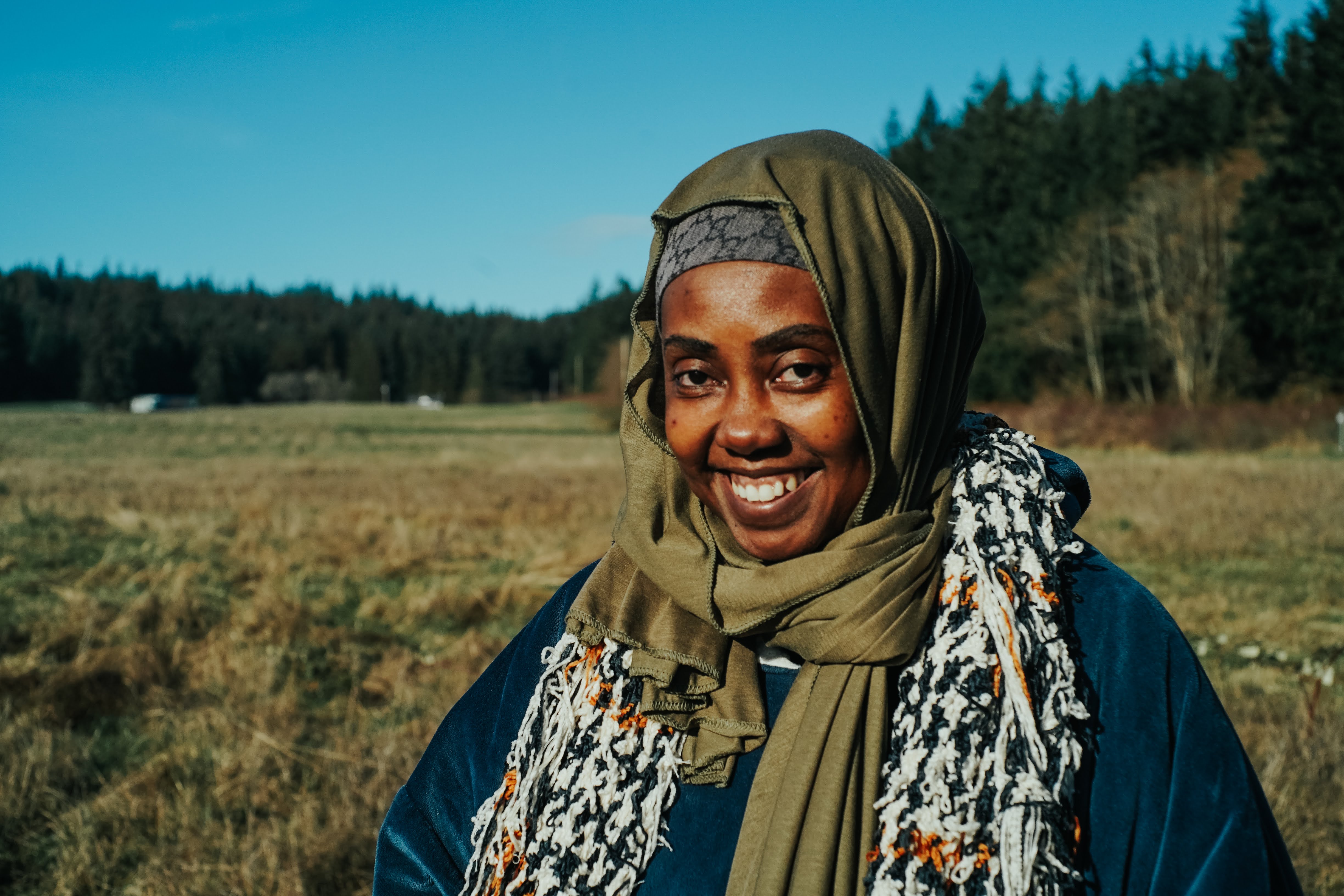
After the necessary infrastructure is set in place, Black Seed will distribute part of the land to aspiring farmers, with a special emphasis on serving BIPOC farmers and members of the local refugee community. These farmers will benefit from access to Modest Family Solutions network of distribution centers, which disseminate healthy food at affordable rates to the residents of Whidbey Island.
Education and wellness will be another critical part of Black Seed’s mission. “Black folks have a really bad relationship with farming,” explained Turner, referring to the wide set of factors, including the legacy of American slavery and land dispossession, that have complicated many Black Americans’ relationship to agriculture. “Now that I’m working in food security, I’ve realized that we can’t afford to have that. We need to heal.”

At Black Seed, this healing work will take place through educational programming that celebrates the rich farming traditions of Africa and the African diaspora, while confronting the history of slavery and racism in the United States. Black Seed will also offer a permaculture design course, where aspiring farmers can learn farming techniques that combine the best of perennial gardening and regenerative agriculture. At the same time, the farm will serve as a space for people to simply relax and reconnect with nature.
“I want to have lavender fields, meditation spaces outside, and to have people wake up, walk outside, and be able to enjoy a breath of fresh air,” said Turner.
Black Seed Agroecological Village and Farm is still in the beginning stages of development. As is the case with most new farming operations, there’s a lot of work that needs to be done before the farm can begin operating at full capacity. New fields need to be cultivated, perennials planted, and new buildings constructed. Turner is currently working with the Washington State Department of Agriculture to define water rights on the farm, and to identify the source of surface water that covers part of the land.
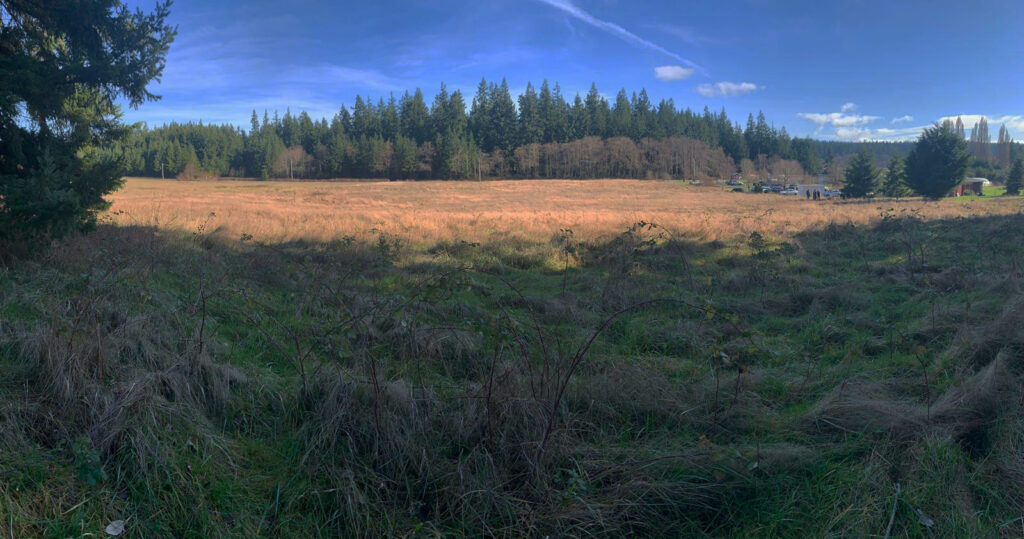
The work of Black Seed is more important now than ever. As land prices continue to increase and impede Black farmers’ ability to access land, Black Seed will provide a space where people can heal, learn, and gain firsthand experience growing food, all while stepping away from the stress of modern life.
“It’s important to have those spaces where folks and cultures can come together, have conversations, and have healing moments,” said Turner. “We don’t have enough environments where we can stop and reset.”
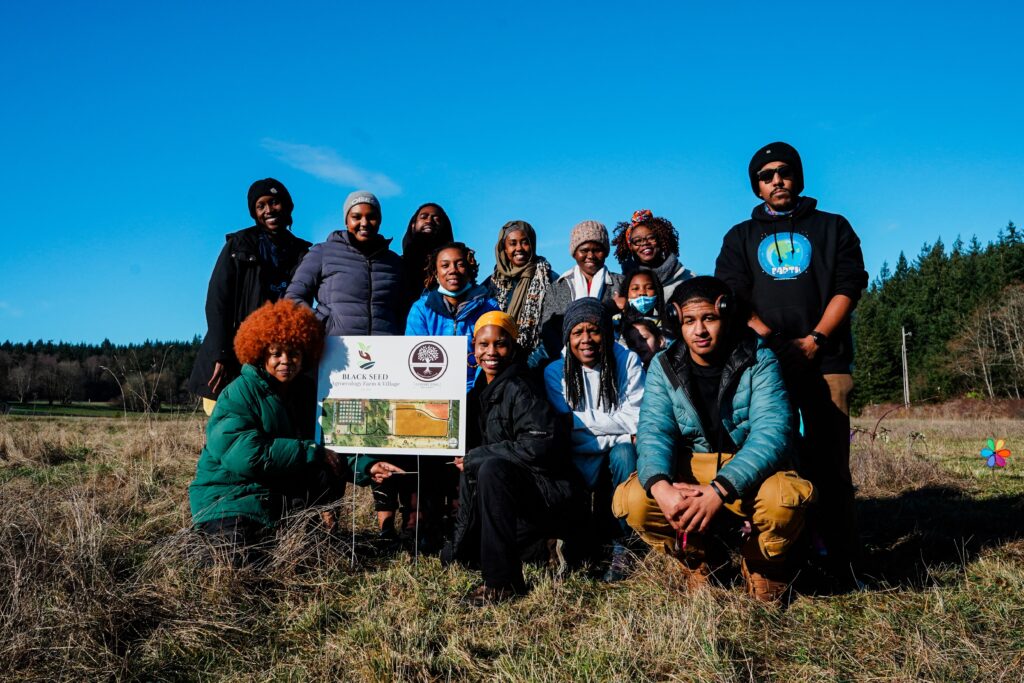
With the support of the Whidbey Island community, Turner’s vision for Black Seed Agroecological Village and Farm can become a reality. If you are interested in staying tuned for updates on Black Seed or finding ways to support its work, please consider signing up for Modest Family Solutions’ newsletter.


